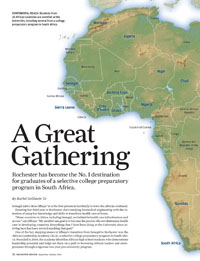Features
Senegal native Rose Mbaye ’16 is the first person in her family to leave the African continent. Entering her third year at Rochester, she’s studying biomedical engineering with the intention of using her knowledge and skills to transform health care at home.
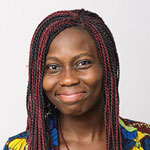 Eyram Adezde ’17
Eyram Adezde ’17
Economics / Ghana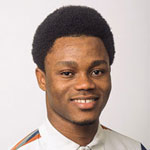 Olasunkanmi Asunmonu ’17
Olasunkanmi Asunmonu ’17
Electrical and computer engineering / Nigeria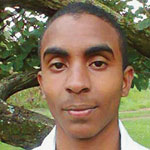 Mohammed Atul ’17
Mohammed Atul ’17
Business / South Africa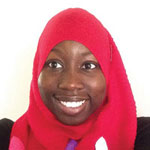 Aissalou Ndiaye ’15
Aissalou Ndiaye ’15
Biology / South Africa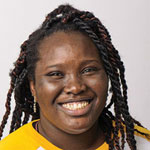 Marthe Avissoudo ’17
Marthe Avissoudo ’17
Mechanical engineering / Senegal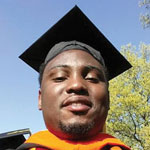 Samuel Barongo ’14
Samuel Barongo ’14
Electrical and computer engineering / Uganda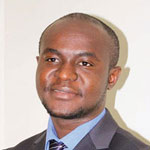 Daniel Bonga ’14
Daniel Bonga ’14
Electrical and computer engineering / Sierra Leone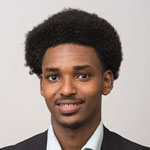 Yesubet Dereje ’17
Yesubet Dereje ’17
Biomedical engineering / Ethiopia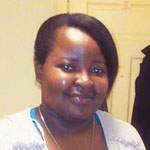 Bridget Chabunya ’14
Bridget Chabunya ’14
Epidemiology / Malawi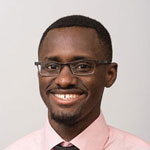 Boubacar Diallo ’16
Boubacar Diallo ’16
Mechanical engineering / South Africa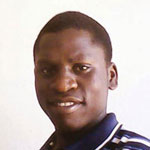 Xavier Joaquinho ’17
Xavier Joaquinho ’17
Undeclared / Mozambique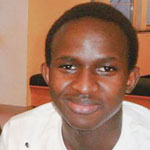 Brian Kalugira ’14
Brian Kalugira ’14
Chemical engineering / Tanzania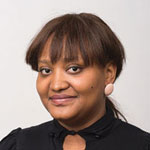 Rose Mbaye ’16
Rose Mbaye ’16
Biomedial engineering / Senegal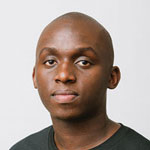 Bonumusa Khoza ’18
Bonumusa Khoza ’18
Undeclared / South Africa Akan Nelson ’15
Akan Nelson ’15
Economics / Nigeria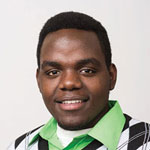 Magnifique Nsengimana ’18
Magnifique Nsengimana ’18
Audio and music engineering / Namibia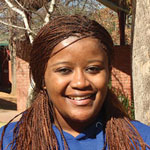 Ntemena Kapula ’18
Ntemena Kapula ’18
Biological sciences and biochemistry / Zambia Alhassan Omar ’18
Alhassan Omar ’18
Undeclared / Egypt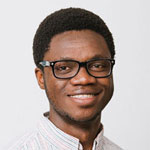 Zanga Ouattara ’16
Zanga Ouattara ’16
Computer science / Burkina Faso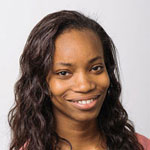 Mame Couma Mbodji ’17
Mame Couma Mbodji ’17
Mathematics / Senegal Abdelrahman Hassan ’16
Abdelrahman Hassan ’16
Interdepartmental studies / Egypt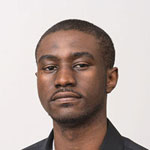 Ngosa Mupela ’17
Ngosa Mupela ’17
Financial economics / South Africa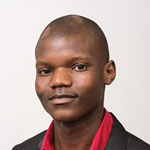 Rafael Muchanga ’18
Rafael Muchanga ’18
Chemical engineering / Mozambique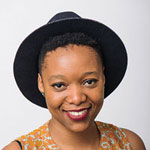 Caroline Modise ’15
Caroline Modise ’15
Political science / Botswana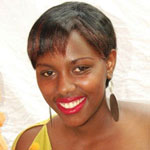 Solange Munezero ’17
Solange Munezero ’17
Chemical engineering / Rwanda
“Many countries in Africa, including Senegal, are behind in health care infrastructure and access,” says Mbaye. “My number one goal is to become the person who revolutionizes health care in developing countries. Everything that I have been doing at the University since arriving here has been toward reaching that goal.”
One of the key stepping stones in Mbaye’s transition from Senegal to Rochester was the African Leadership Academy (ALA), a selective college preparatory program in South Africa.
Founded in 2008, the academy identifies African high school students who demonstrate leadership potential and helps set them on a path to becoming African leaders and entrepreneurs through a rigorous two-year pre-university program. Many of ALA’s graduates attend U.S. colleges, and about 10 percent of those graduates have enrolled at Rochester—more than at any other university in the world.
In August, the University hosted ALA’s fourth annual indaba, meaning “gathering” in Zulu—the largest conference in North America for the academy’s graduates who are pursuing higher education in the U.S. “We have become the top destination for African Leadership Academy graduates because we’ve not only been committed to having so many of their students, but those students also have done very well,” says Jonathan Burdick, dean of admissions and financial aid at the University.
Mbaye is one of 37 graduates of the academy who have enrolled at Rochester. When she first arrived at ALA, she spoke little to no English, but now speaks Wolof, her native language, French, English, and some Spanish.
She spent the summer of 2014 working at the Kwazulu-Natal Research Institute for Tuberculosis and HIV in South Africa, developing an automated image analysis program to analyze the dynamics of cells infected with a type of tuberculosis.
She also worked at the National Institutes of Health in Maryland, helping design a paper-based diagnostic device that health care clinics in developing countries could use as a low-cost, alternative technology for detecting antibody levels in the presence of infectious or autoimmune diseases.
Burdick says that Rochester’s role in helping provide an education to students who return to their home countries makes a significant impact on African society. “It makes a bigger difference for somebody to get an engineering degree from a place like Rochester and go back to Sierra Leone, than it does to go back to the San Francisco Bay Area,” he says. “It’s the same education, but the impact is significantly greater.”
The first cohort of six ALA students graduated this spring, four of them with engineering degrees. One of them, Daniel Bonga ’14, from Sierra Leone, plans to complete a master’s degree at the University, and five have returned to their home countries.
Incoming freshman Rafael Muchanga ’18, from Mozambique, is culture-shocked but excited to begin a new adventure. “I am not here just to study,” says Muchanga, “but to design what I want to do and become a well-rounded, open-minded person.” The indaba gave him an opportunity to learn more about American culture, meet new people, and explore Rochester.
In total, the University has enrolled students from 32 different African countries, including those who have entered through other programs or on their own. “It’s all an indication of how big we’ve become as a trusted partner among African educators,” says Burdick. “Hosting the conference is part of a larger effort to make sure we are well connected up and down the continent.”
Rachel Goldstein ’13 writes for University Communications.

